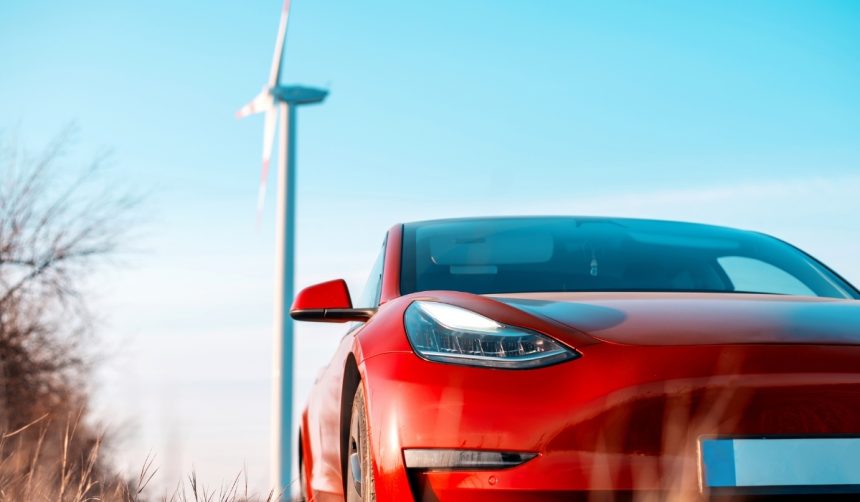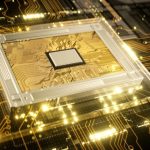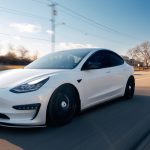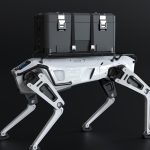Tesla has signaled a potential update to its Chinese lineup by seeking regulatory approval for the new Model Y+ crossover SUV. As detailed in the public records of China’s Ministry of Industry and Information Technology, the Model Y+ is positioned to join the existing family with a notably extended range. The application has fueled discussion regarding Tesla’s approach to meet intensifying competition from both established Chinese automakers and newer electric vehicle brands. Consumers remain attentive to how the Model Y+ could modify their options in the highly competitive mid-size SUV market, where range and performance remain top considerations.
Public information on Tesla’s previous moves in China reveals that earlier launches, such as the Model 3+, focused heavily on improved range and battery enhancements, drawing considerable public interest. However, the anticipated Model Y+ demonstrates an effort to broaden Tesla’s reach, not only by extending range but also by optimizing the company’s pricing and feature set for local preferences. Furthermore, volume sales have fluctuated for Tesla in China as domestic competitors step up their vehicle offerings, prompting the company to continually adjust its strategy.
What Does Model Y+ Offer?
The Model Y+ introduces a single-motor configuration delivering 225 kW (302 horsepower) and is equipped with LG Energy Solution’s ternary batteries—similar technology to the one used in the long-range Model 3+. These specifications are projected to provide a CLTC range of approximately 800 kilometers, potentially granting Model Y+ the highest range within Tesla’s Chinese product portfolio. Tesla has maintained the five-seat layout and dimensions of the standard Model Y, maintaining consistency for existing fans while attracting new ones seeking longer travel distances. Though final range numbers have not been disclosed, expectations align closely with the Model 3+’s previously recorded 830 kilometers CLTC figure.
How Does Tesla Face Local Competition?
Tesla’s filing for the Model Y+ emerges in a market characterized by growing local rivalry. The company delivered 57,152 vehicles in China in August, representing a 10% decline from last year but a significant increase from July. By investing in vehicles with enhanced driving range, Tesla aims to reassert its presence against homegrown competitors, who have introduced an array of new models in the same segment. Local consumers may benefit from having more options, yet manufacturers must distinguish their offerings through features and value, not solely battery statistics.
Can Model Y+ Influence Tesla’s Position?
Market experiences with the Model 3+ suggest that factors beyond range numbers, such as pricing and technology integration, impact demand. Shortly after its launch, the Model 3+ underwent price adjustments in China, indicating a dynamic approach to stimulate sales. To address evolving consumer expectations, Tesla is also considering new features, with self-driving capabilities (FSD) mentioned as a possible attraction for future buyers. As one company spokesperson noted,
“The Model Y+ underscores our commitment to efficiency and innovation.”
Another Tesla representative highlighted,
“We continually adapt our products for the local market to better serve our customers.”
Tesla’s introduction of the Model Y+ underscores the significance of range and battery advancements in China’s electric vehicle landscape. While early announcements and regulatory filings often set consumer expectations, actual market response hinges on Tesla’s execution of pricing, software updates, and after-sales service. Local competitors remain a driving force behind these strategic adjustments, pushing Tesla to refine and reposition its models regularly. For buyers in China, evaluating total ownership experience—including range, price, and feature set—will be crucial in choosing between Tesla’s latest offering and the growing fleet of domestic electric SUVs.
- Tesla proposes Model Y+ with extended range for China’s SUV market.
- New variant features LG Energy Solution batteries and single-motor drive.
- Tesla adjusts strategy to address increased competition and changing demand.










